
Biography
Dr Maxim Alyukov is a political sociologist interested in media, political communication, and political cognition in autocracies, with a specific focus on Russia. Currently, he is a Leverhulme Early Career Postdoctoral Fellow at the Department of Russian and East-European Studies at the University of Manchester. Before joining the University of Manchester, Maxim was a postdoctoral fellow at King’s Russia Institute (2021 - 2023), where he remains a research associate. Maxim holds a PhD in Social Sciences from the University of Helsinki and an MA in Sociology from the European University at Saint-Petersburg. Maxim is also a member of the Public Sociology Laboratory, a research group analysing politics and society in Russia and the post-Soviet region in comparative perspective, and an affiliate of the International Panel on the Information Environment, an organisation dedicated to providing actionable scientific knowledge on threats to the global information landscape.
Research interests
Maxim’s research relies on qualitative and quantitative methods to explore how citizens make sense of the political world in authoritarian environments and in new hybrid media systems. In his PhD dissertation, Maxim used qualitative methods and the conceptual apparatus of cognitive and political psychology to understand media news reception under Russia’s authoritarian regime. The dissertation explored how political engagement affects the ways citizens evaluate the credibility of regime propaganda and interpret political information in a hybrid media system in which the regime attempts to spread similar narratives simultaneously across different types of media, including television, news aggregators, online news media, and social media.
Currently, Maxim works on the project Reflexive Propaganda: Authoritarian Political Communication in a Hybrid Information Environment at the University of Manchester supported by the Leverhulme Trust. The project relies on a combination of a series of online experiments and computational analysis of social media data to explore how authoritarian propaganda adapts to contemporary saturated media environments by exploiting citizens' reflexivity and awareness of manipulation.
Maxim’s research has been published in a variety of disciplinary and area studies journals, including Political Communication, Nature Human Behaviour, Politics, Qualitative Psychology, and Europe-Asia Studies. Maxim also uses my expertise to contribute to public discussion by writing for non-academic media and commenting on current affairs. He has made multiple appearances on TV and radio, including BBC, Al Jazeera, CBC, Voice of America, Deutsche Welle. His commentary, analysis, and research have been featured in The New York Times, The Washington Post, TIME Magazine, The Times, Al Jazeera, Foreign Affairs, Newsweek, France 24, The Moscow Times, Open Democracy, and other outlets.
News
King's experts offer insights following death of Alexei Navalny
The death of prominent Kremlin critic Alexei Navalny has generated headlines around the globe.

'Fake news' a powerful propaganda tool for authoritarian leaders
In the age of social media and online news, censorship and control of information has become increasingly difficult for authoritarian regimes as they seek to...
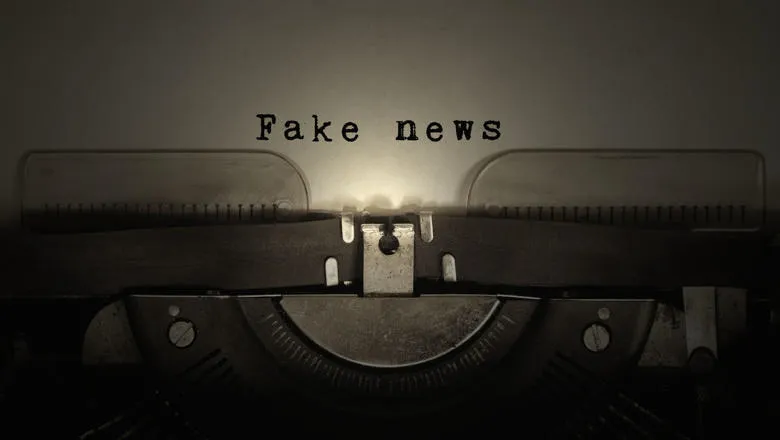
Authoritarian regimes 'harness distrust towards media and politicians'
The propaganda machines of authoritarian governments have harnessed a general sense of distrust in media as a means of amplifying their message, a new study...

Are public protests challenging authoritarian regimes around the world?
A new podcast episode looks at recent large-scale public protests in Russia, China and Iran including what has sparked them and what they tell us about the...
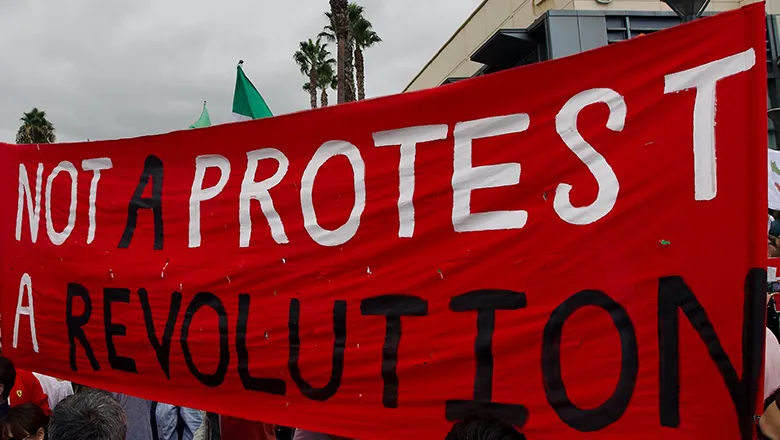
Propagandists attempting to reshape narrative of Ukraine invasion
State-controlled media in Russia has gradually moved away from using the terms ‘denazification’ and ‘demilitarisation’ as justifications for the invasion of...

Kremlin uses invasion of Ukraine to launch wave of 'digital vigilantism'
The rapid expansion of state-sponsored ‘digital vigilantism’ in Russia since it launched its invasion of Ukraine has allowed the Kremlin to tighten its grip...

Access to facts 'not enough' to counter Kremlin propaganda
Attempts by Vladimir Putin’s regime to manipulate public perception of the war in Ukraine have been “quite successful” and new approaches will be required to...
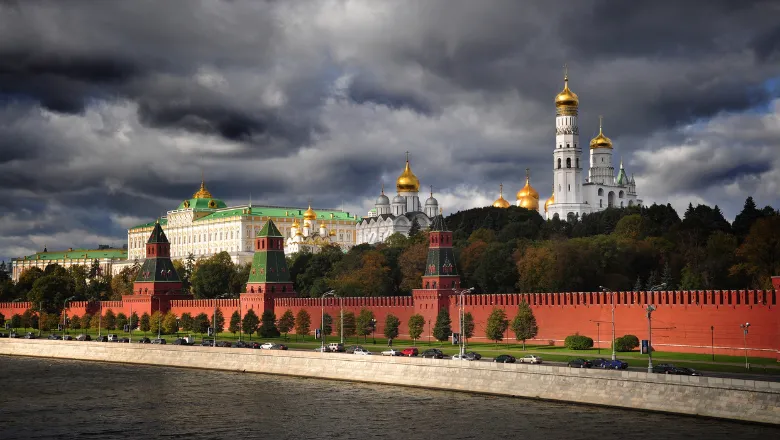
Sharing our expertise and insights on the war on Ukraine
Researchers and academics in our Faculty of Social Science & Public Policy are using their expertise to inform discussion and debate around Russia’s invasion...
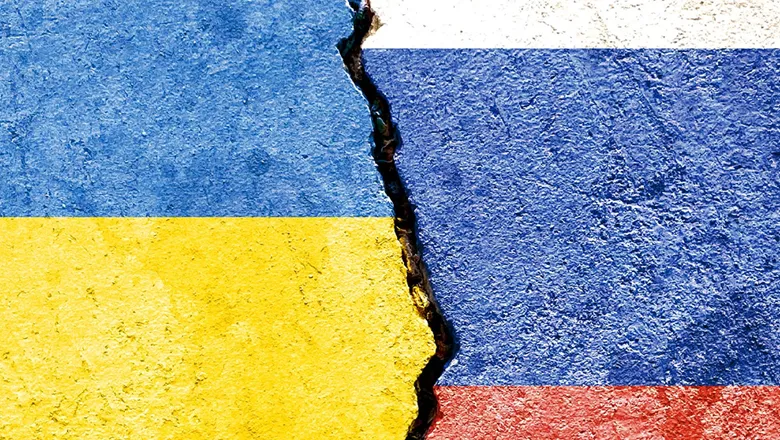
How do you sell a war to those who do not want it?
While Russia’s regular army has initiated a full-scale military invasion of Ukraine, a completely different picture is presented to the domestic audience.
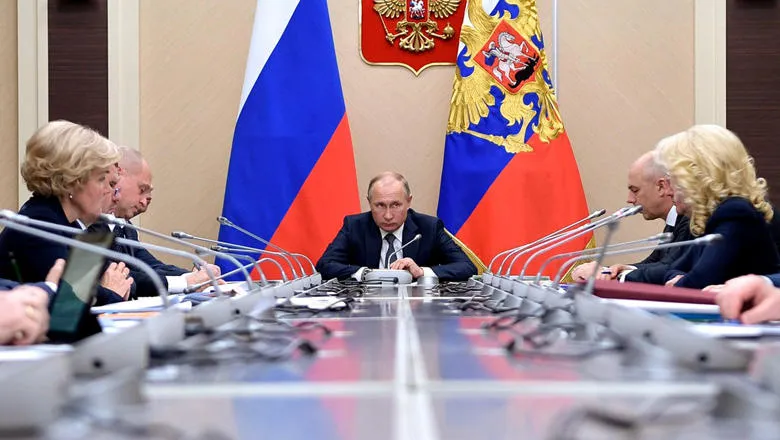
How has state-owned media in Russia shaped public opinion on Ukraine?
Russia’s authoritarian regime relies on the political disengagement of citizens to maximise the impact of state-controlled media networks and broadcasts, new...
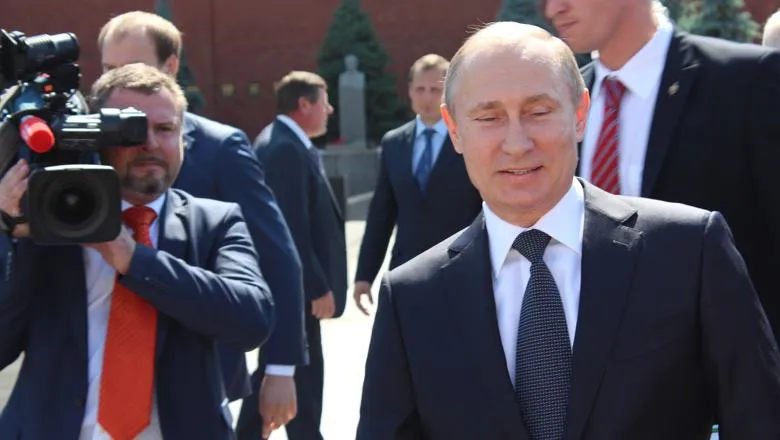
Events
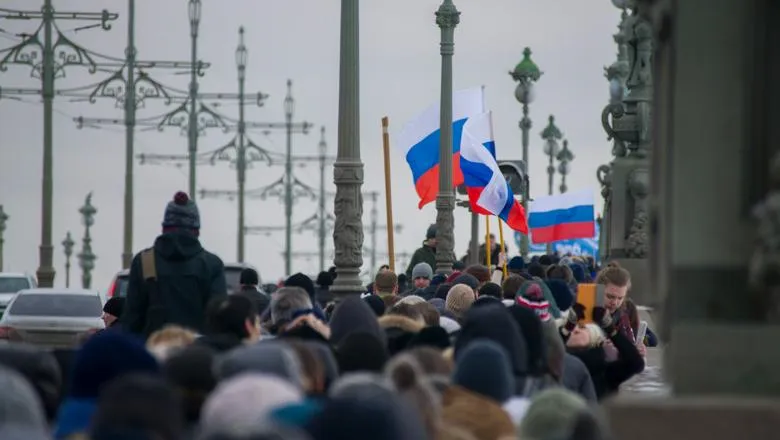
Understanding the Russian Audiences - a symposium
The symposium aims to explore the current state of Russian society two years after the full-scale invasion of Ukraine.
Please note: this event has passed.

Mobilising for War in Russia
Join Sir Lawrence Freedman, Natasha Kuhrt, Marc Berenson, Maxim Alyukov and Gulnaz Sharafutdinova to discuss Russia's mobilisation
Please note: this event has passed.
Features
How do you sell a war to those who do not want it?
MAXIM ALYUKOV: While Russia’s regular army has initiated a full-scale military invasion of Ukraine, a completely different picture is presented to the...

Sharing our expertise and insights on the war on Ukraine
Researchers and academics in our Faculty of Social Science & Public Policy are using their expertise to inform discussion and debate around Russia’s invasion...

News
King's experts offer insights following death of Alexei Navalny
The death of prominent Kremlin critic Alexei Navalny has generated headlines around the globe.

'Fake news' a powerful propaganda tool for authoritarian leaders
In the age of social media and online news, censorship and control of information has become increasingly difficult for authoritarian regimes as they seek to...

Authoritarian regimes 'harness distrust towards media and politicians'
The propaganda machines of authoritarian governments have harnessed a general sense of distrust in media as a means of amplifying their message, a new study...

Are public protests challenging authoritarian regimes around the world?
A new podcast episode looks at recent large-scale public protests in Russia, China and Iran including what has sparked them and what they tell us about the...

Propagandists attempting to reshape narrative of Ukraine invasion
State-controlled media in Russia has gradually moved away from using the terms ‘denazification’ and ‘demilitarisation’ as justifications for the invasion of...

Kremlin uses invasion of Ukraine to launch wave of 'digital vigilantism'
The rapid expansion of state-sponsored ‘digital vigilantism’ in Russia since it launched its invasion of Ukraine has allowed the Kremlin to tighten its grip...

Access to facts 'not enough' to counter Kremlin propaganda
Attempts by Vladimir Putin’s regime to manipulate public perception of the war in Ukraine have been “quite successful” and new approaches will be required to...

Sharing our expertise and insights on the war on Ukraine
Researchers and academics in our Faculty of Social Science & Public Policy are using their expertise to inform discussion and debate around Russia’s invasion...

How do you sell a war to those who do not want it?
While Russia’s regular army has initiated a full-scale military invasion of Ukraine, a completely different picture is presented to the domestic audience.

How has state-owned media in Russia shaped public opinion on Ukraine?
Russia’s authoritarian regime relies on the political disengagement of citizens to maximise the impact of state-controlled media networks and broadcasts, new...

Events

Understanding the Russian Audiences - a symposium
The symposium aims to explore the current state of Russian society two years after the full-scale invasion of Ukraine.
Please note: this event has passed.

Mobilising for War in Russia
Join Sir Lawrence Freedman, Natasha Kuhrt, Marc Berenson, Maxim Alyukov and Gulnaz Sharafutdinova to discuss Russia's mobilisation
Please note: this event has passed.
Features
How do you sell a war to those who do not want it?
MAXIM ALYUKOV: While Russia’s regular army has initiated a full-scale military invasion of Ukraine, a completely different picture is presented to the...

Sharing our expertise and insights on the war on Ukraine
Researchers and academics in our Faculty of Social Science & Public Policy are using their expertise to inform discussion and debate around Russia’s invasion...

